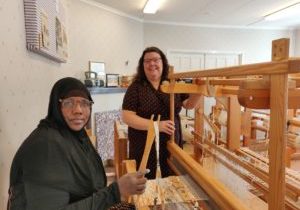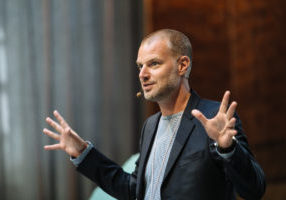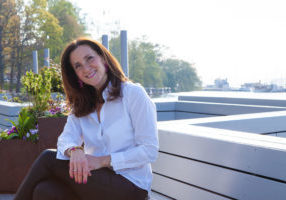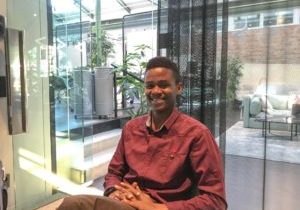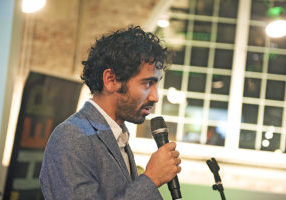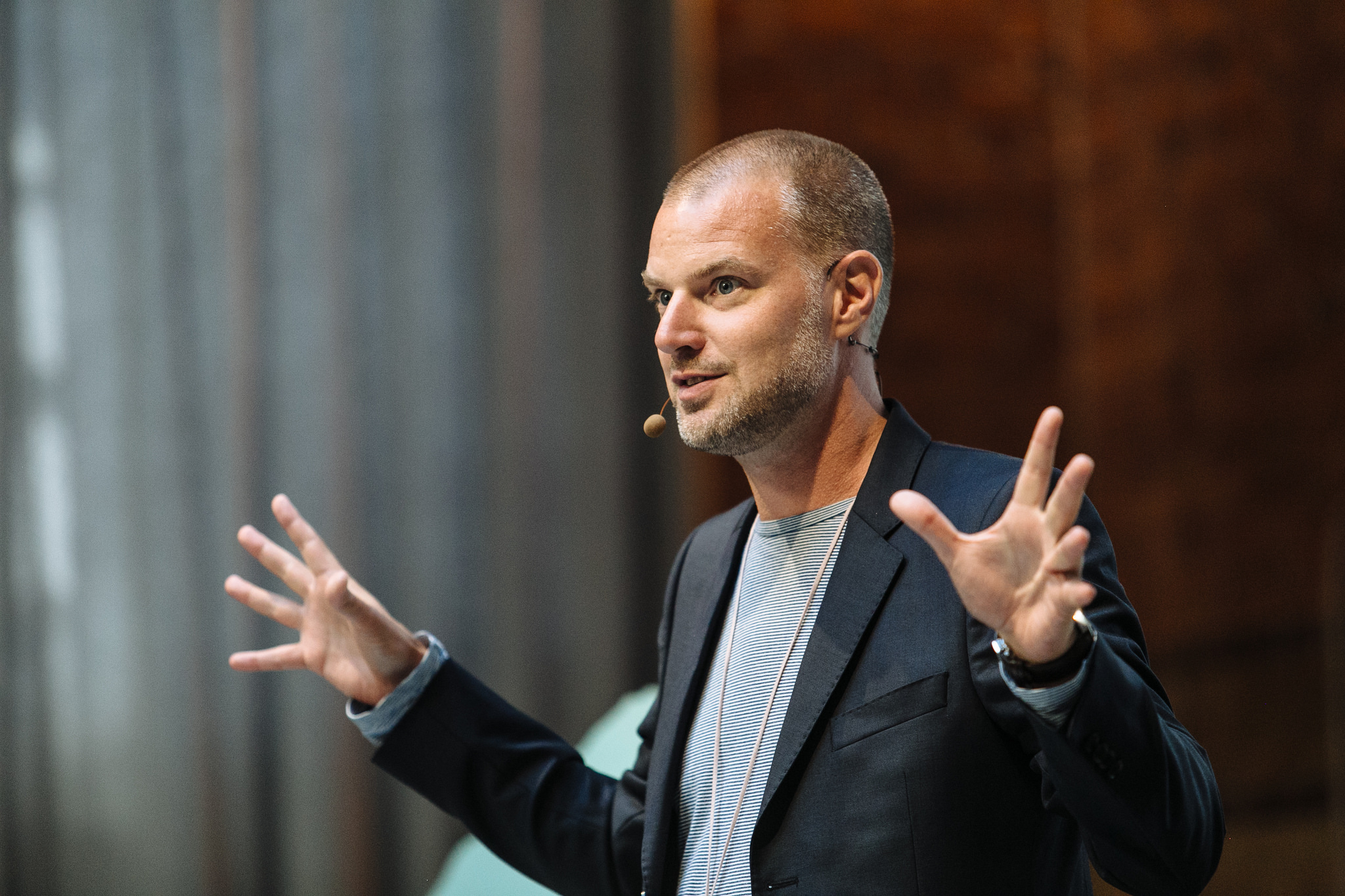
The past and future of social entrepreneurship with an SE Forum founder
November 15, 2019 - Interviews
15 years ago, SE Forum was created as a forum and a network for professionals and academics who had a shared interest: social entrepreneurship. It was created at a time when this was a new concept in Sweden that not many knew much about and it gave those interested an outlet and a network for learning and development. Since then the SE Forum has also learnt and developed and has for many years been able to also provide support to social entrepreneurs in Sweden and globally. It stays true to its founding mission of gathering those who wish to use business as a force for good and we have founders Harry McNeil, Johanna Laurin Gulled and Jonas Michanek to thank. We caught up with founder Jonas to catch up on developments since 2004 and a look at the future of social entrepreneurship.
Hi Jonas, please tell us a bit about what you’re currently up to!
I work with innovation in many different ways. Last year for example, I helped set up the first university-based incubator in Nigeria, and I’ve also been working on an innovation initiative around the UN’s Sustainable Development Goals that’s being set up in Lund, south Sweden. Both projects have been set up together with Ideon Science Park. I am also the Chairman of the great incubator in Malmö, MINC.
What made you set up SE Forum in 2004?
[Co-founder] Harry McNeil and I had started talking about social entrepreneurship, as we’d seen it being talked about abroad. We were interested in entrepreneurship but wanted to know more about being an entrepreneur without just doing it for the money but doing it for a greater good. No one was talking about this in Sweden at this time, but we wanted to build some sort of platform where people could. I was mostly in Malmö so [Co-founder] Johanna Laurin Gulled joined us to get things started in Stockholm.
What did social entrepreneurship and ‘traditional’ entrepreneurship look like back then?
The difference between doing social good and doing financial good was much greater then. People like [The Body Shop founder] Anita Roddick were our role models, incorporating the environmental and social perspectives into business. And we heard the founders of Ben & Jerrys say they wanted to change the world, but they said that if they would have started an NGO, no one would have taken them seriously. Their book on their journey was a great inspiration. The way of describing entrepreneurship as the most effective engine for change and the format of the company as the most effective tool, but instead of money and personal wealth as the motivation, it was creating a better world.
What would you say it looks like today?
It’s a much bigger topic today. People are to a much greater extent talking about entrepreneurship and social innovation, and a combination of the two. A company’s social engagement is much more accepted today. But the confusion around what social entrepreneurship is still exists, and the more you have a purely capitalistic view on things, the more skeptical you might be.
Is there anything you’d like to see more or less of in the business sector?
I would like to see more start-ups with a genuine business idea that’s relevant for a sustainable future. I feel the start-up world is a bit stuck in a mindset where business is supposed to be a quick fix and where start-ups are supposed to make big money fast. To find real solutions, to real problems, like finding a solution to clean water in Africa, we will need time. And we need to let these things take a bit of time. I would therefore also like to see a shift in the mindset of investors. Many have a short-term view, but we need more investors with a long-term perspective and I’m seeing a positive shift when it comes to the impact investment trend.
What would you say the future of social entrepreneurship is looking like?
I see huge business potential in the UN’s Sustainable Development Goals. They’re not just goals that are good for the world, they’re good for business. They encompass a market of trillions of dollars and I see all sorts of business opportunities in saving the world. All aspects of the business world will sooner or later be looking this way and I believe social entrepreneurs can lead the way.
What’s your view on the need for support organisations such as SE Forum?
Things have definitely changed since we first set it up in 2004 and I think it’s easier to be around now than it was then. Now there’s a clear and obvious need for it. Many need help with understanding the concept of social entrepreneurship, in Sweden and in the rest of the world, and this need will be vast and important over the next few years. And many socially driven changemakers do not think of themselves as entrepreneurs and need help to find their way in the business world. The Swedish government’s strategy for the sector also shows it’s important. Many of those who have a passion for doing good may not have the business skills and organisations like SE Forum are important to fill the gaps and to be the bridge. The bridge between do-gooders and the force and financial sustainability that exists in the business sector.
I also believe that they can form a philosophical bridge that can demystify those two worlds and make them feel closer to each other. Close in a sense where they’re both working towards the same goal of making a positive difference in the world. I think that’s really important and I’m glad SE Forum exists to create those links. I have founded a lot of organisations and companies over the years but there’s nothing I’m as proud of founding as SE Forum!

